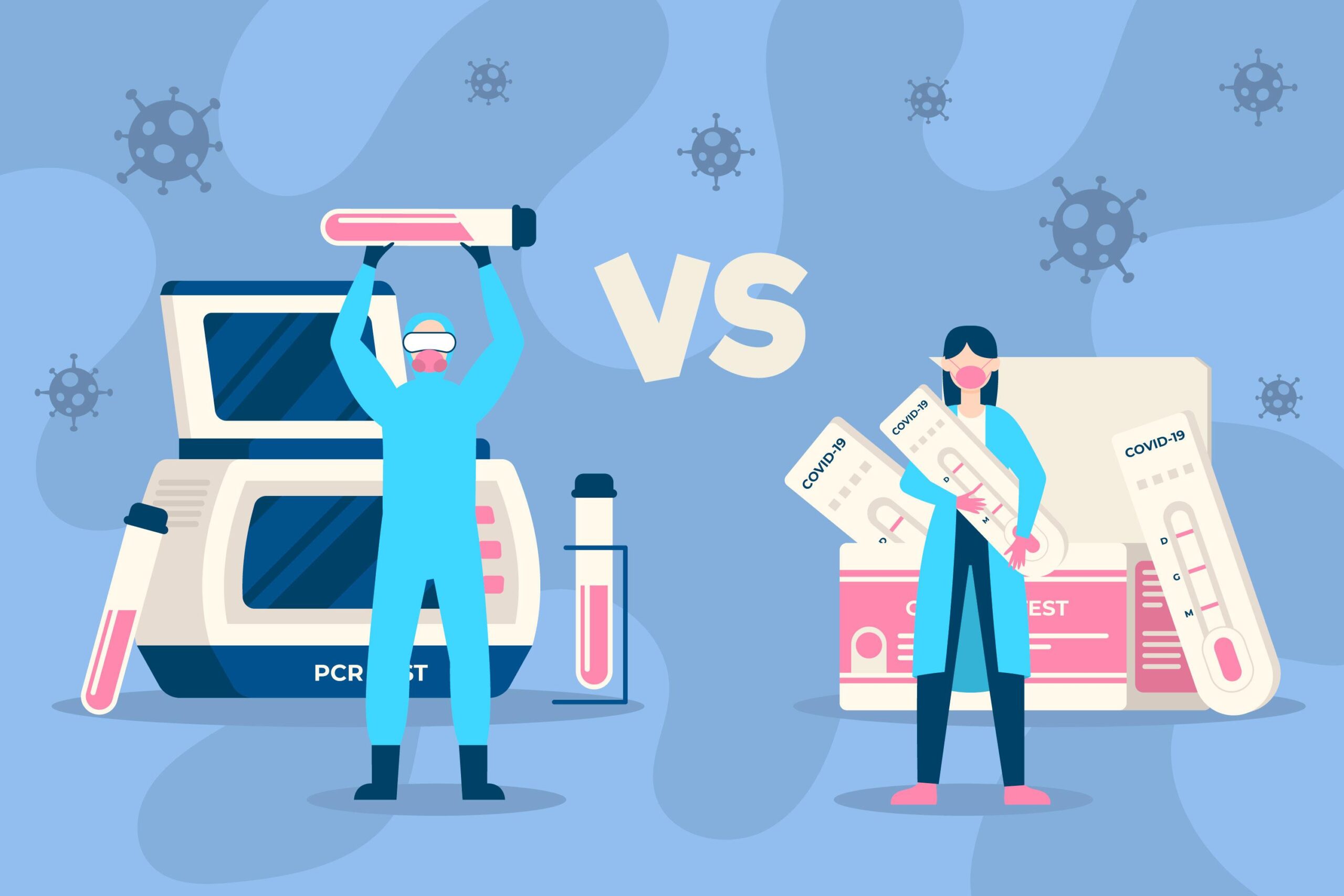Ever been in that situation where an app just… stops? Right when you need it? It’s infuriating. Imagine you are trying to grab tickets for a concert, your heart racing, but the app just froze. Completely stalled. That’s exactly why performance testing training with DevOps concepts exists.
It’s not just about checking if something works. It’s about how well it works, especially under pressure. Fast, stable, reliable. Users don’t wait, and once they leave, winning them back is tough.
We’ve seen small startups struggle during a marketing push because they ignored performance testing. Thousands of users hit their site at once, servers choked, pages slowed down, and transactions failed. Chaos. It’s not fun to watch.
Software performance testing covers responsiveness, speed, and stability. Load testing simulates normal traffic, stress testing pushes the system, endurance testing sees how it behaves over time, and spike testing handles sudden bursts. Each type exposes hidden flaws before your users see them.
Real-Life Examples of Performance Issues
Finance App Example
We once worked with a finance app that passed every functional test. Everything “worked” according to the checklist. But peak hour traffic slowed it to a crawl. After integrating performance testing training with DevOps concepts, the app could handle thousands of users effortlessly. Deployments became smoother, and the team stopped panicking.
DevOps Integration
DevOps flips everything around. Our developers and operations work together seamlessly. Continuous integration, automated builds, and monitoring tools are standard. Now, throw in a test of performance, and it’s like magic. Tests run automatically, issues are detected early, and fixes are applied before anyone notices. So, you can guess how having our DevOps consulting services can provide you with an edge over your competitors.
Importance of Training
Hands-On Skills and Habits
Training makes a huge difference. Not just tools like JMeter or LoadRunner, but habits. Teams learn to spot bottlenecks, optimize speed, and work together efficiently. They don’t just react, they anticipate. It’s amazing to watch a well-trained team in action.
Case Study: Retail Company
Let us tell you about a retail company. They were prepping for Black Friday. Marketing was ready, inventory was stocked, and IT systems seemed solid. Then traffic surged. The website slowed. Customers left. Total panic. After performance testing training with DevOps, simulations ran weeks ahead, queries were optimized, server resources adjusted, and automated tests integrated. Next big sale? Smooth sailing. No crashes, happy customers, stress-free team.
How IT Consulting Services like Tambena Consulting Can Help
While tools and training are essential, many organizations struggle to put everything together into a seamless strategy. That’s where professional IT consulting services such as Tambena Consulting step in. With deep expertise in DevOps practices and performance testing, consultants help bridge the gap between theory and real-world execution.
Tambena Consulting brings a structured approach to adopting performance testing with DevOps concepts. Instead of trial-and-error, businesses benefit from proven frameworks, automated pipelines, and best practices tailored to their industry. From setting up CI/CD pipelines to integrating automated performance tests, consultants ensure that performance checks are not an afterthought but part of the development lifecycle.
Another advantage is end-to-end visibility. Their experts are aware of the best DevOps practices and help teams implement monitoring, logging, and alerting solutions so that performance issues are spotted early, long before they reach customers. This proactive approach transforms firefighting into foresight.
Moreover, consulting services provide customized training and mentorship. Rather than generic tool tutorials, teams learn how to apply JMeter, Gatling, or LoadRunner within their specific workflows. Developers, testers, and operations staff gain hands-on guidance, developing habits that make performance testing second nature.
For growing businesses, scalability is often the toughest challenge. Tambena Consulting helps optimize infrastructure, refine queries, and tune configurations so systems grow gracefully with demand. Whether it’s preparing for peak traffic like Black Friday or ensuring financial apps remain stable during market surges, consultants equip teams with the confidence to deliver consistently.
How to Get Started

Step 1: Identify Metrics
Getting started isn’t as complicated as it seems. First, figure out what metrics matter: response times, throughput, or memory use.
Step 2: Choose the Right Tools
Pick the right tools. Automate tests with every build. Monitor constantly. Look at trends over time. Fix issues, rerun tests, and refine. Testing isn’t a checkbox; it’s ongoing.
Step 3: Hands-On Practice
Challenges happen. Metrics can confuse. Pipelines slow. Results misinterpreted. But hands-on experience fixes that. Real scenarios, problem-solving practice, collaboration, it all builds intuition. Teams transform from constant firefighting to calm, confident deployments after a few months of focused training.
Best Tools
JMeter, Gatling, LoadRunner, Neo-Load, pick what fits your workflow. Beginners benefit too. Start simple, grow complexity with experience.
Benefits of Performance Testing
- Performance isn’t optional. Slow or unstable apps lose users, revenue, and credibility.
- Training equips teams to deliver fast, reliable, scalable software. Set goals, choose tools, automate, monitor, and refine. Users won’t wait, and neither should your software.
- Think of training as a strategy, not a step. Consistency, practice, and adaptation all ensure success. Small teams benefit immensely. Large organizations scale with confidence.
Conclusion
Teams embracing performance testing training with DevOps concepts rarely panic. Instead of firefighting, they anticipate problems, optimize proactively, and deliver smooth experiences. A little training and, well, placed tests make a huge difference.
Tools matter less than mindset. JMeter, LoadRunner, Gatling, Neo-Load, they all work. The key is how you use them, when tests run, and how quickly you respond. Treat testing as a habit, not a one-off task.
If you manage software that users rely on, a small app or a massive platform, invest in training. Understand system performance, user traffic impact, and integrate lessons into DevOps. Sleep easier knowing software can handle it all.
Don’t think of testing as only for tech teams. Everyone in deployment, product, or customer experience benefits. When teams grasp software performance testing and DevOps, decisions become faster, smarter, and less stressful.
Performance testing with DevOps concepts is about preparing for the unexpected, improving user satisfaction, and building resilient software. Forget last-minute panic. Anticipate, automate, adapt. Users won’t notice the chaos that didn’t happen; they’ll just enjoy smooth, reliable software.
FAQs
What is Performance Testing?
Measuring how software handles different conditions, speed, stability, resource usage, not just functionality.
Why Integrate with DevOps?
Continuous delivery plus performance testing catches issues early.






